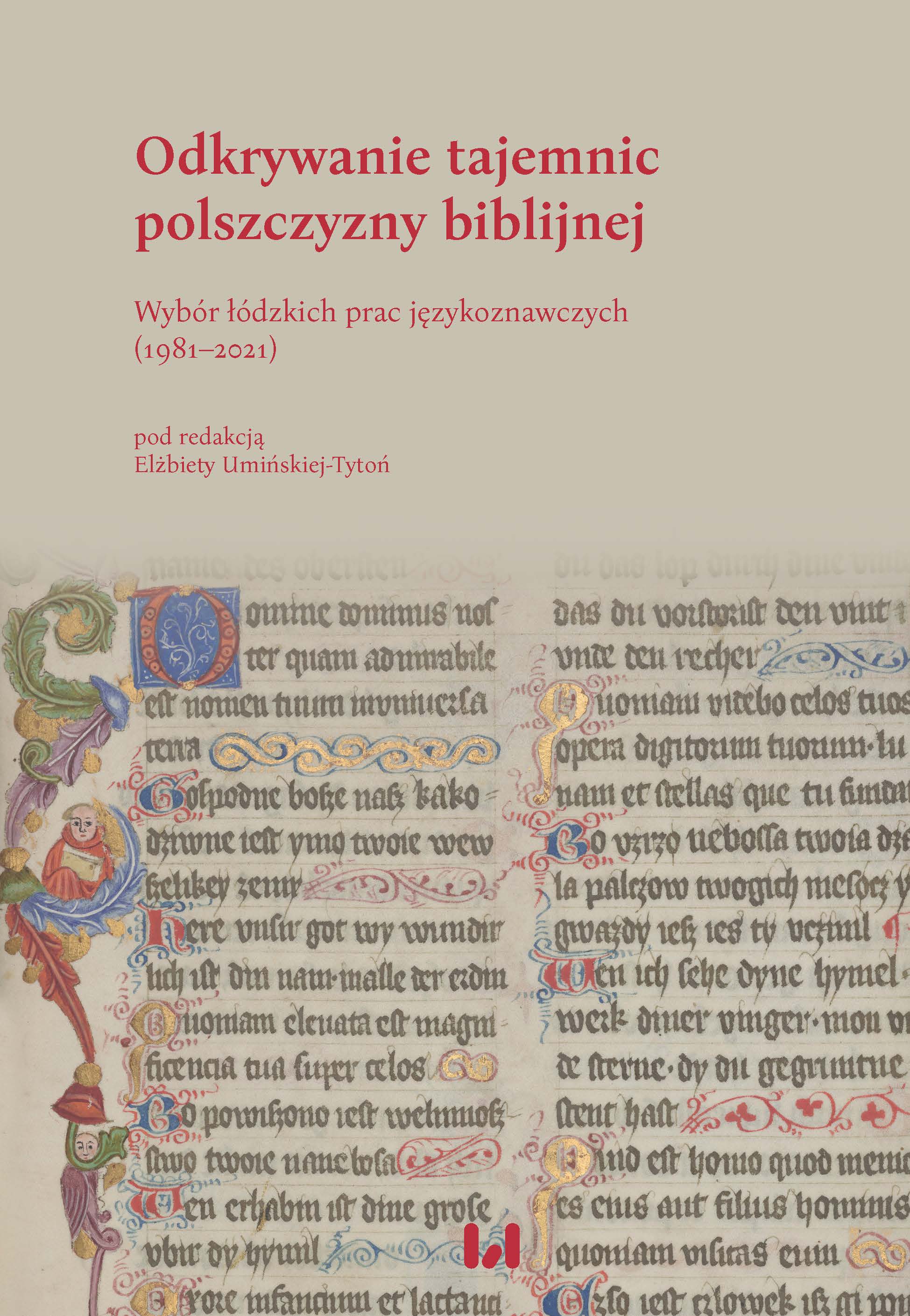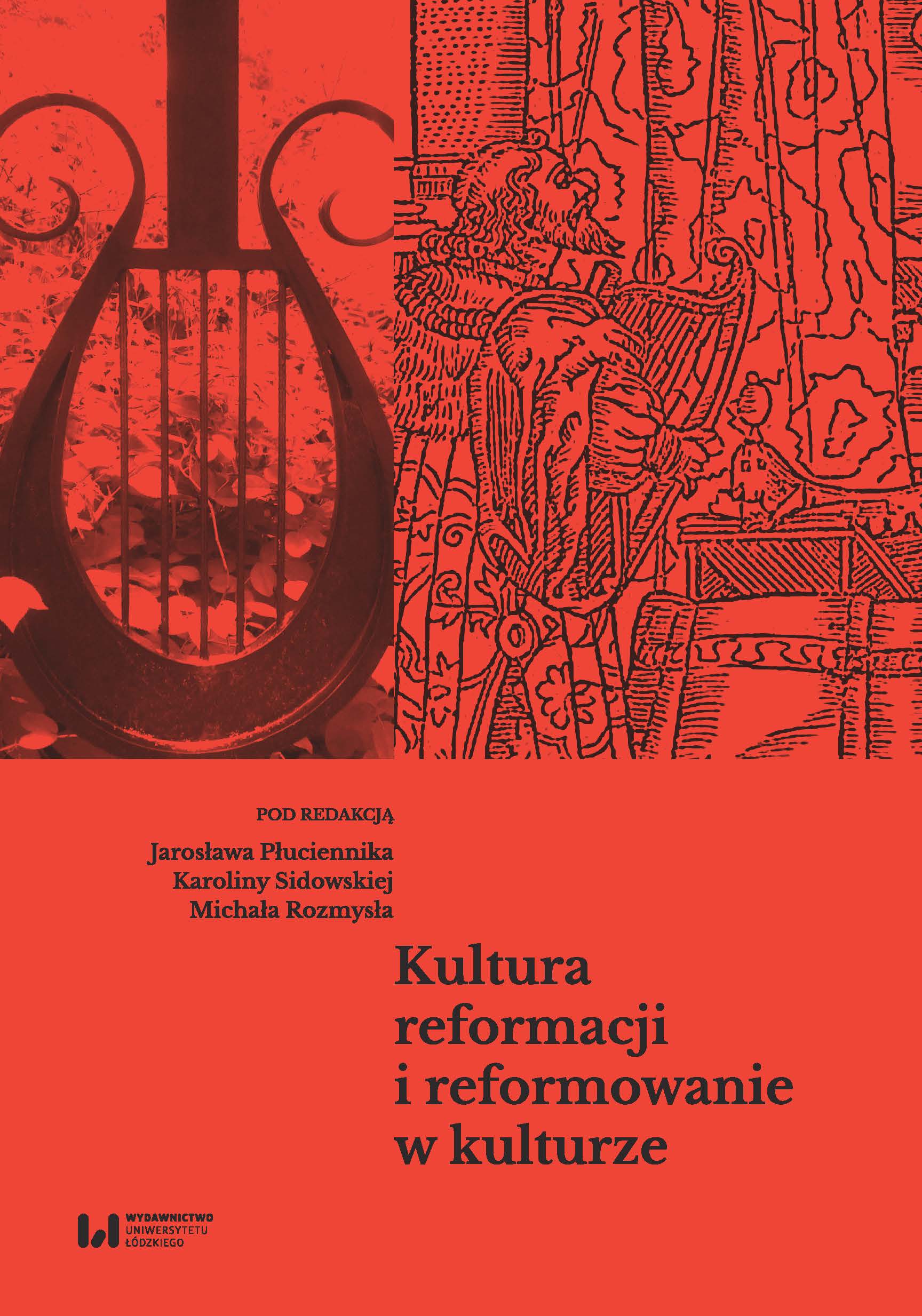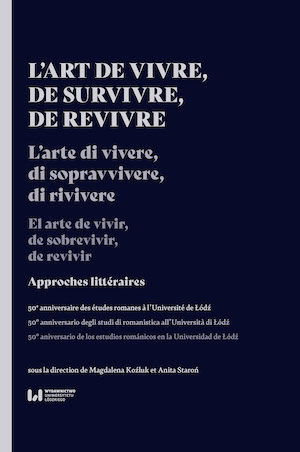Author(s): Marek Cybulski / Language(s): Polish
Publication Year: 0
The conclusions were based on a juxtaposition of the texts of the medieval Polish psalters: Florian and Puławy with Czech and Latin psalters in the medieval versions of the Vulgate.The technique of the work of the Polish authors of both psalters (verbal translation faithful at the level of words, and thus with the preservation of foreign metaphors, and sometimes phraseology) consisted not only in copying, but also in redrafting an older, unpreserved Polish text. There is also evidence of a new translation straight from the Vulgate, and when a Pole found dictionary difficult places in the Vulgate, he was helped by the Czech Psalter. The scope of corrections and lexical additions is greater in the Florian text than in the Puławy text.Bohemisms constitute a deposit that is clearly visible, but not very great: the new vocabulary of Czech origin, adopted precisely as a result of the application of such a translation technique, is not numerous, e.g. organ, pop, testimony, sorrow. On the other hand, there is a very numerous category of Polish words, but used in a Czech pattern - that is, a simple textual relationship. The participation of the Czech psalter tradition, although undoubtedly and important, does not determine the linguistic face of our oldest psalters. The relative richness of the dictionary, especially the fifteenth-century part of the Florian Psalter, which is more abundant in terms of dictionary than many Czech psalters, is astonishing. It is, however, to a large extent an appearance of abundance, evidence of the disorder of the lexical system rather than its richness.
More...



